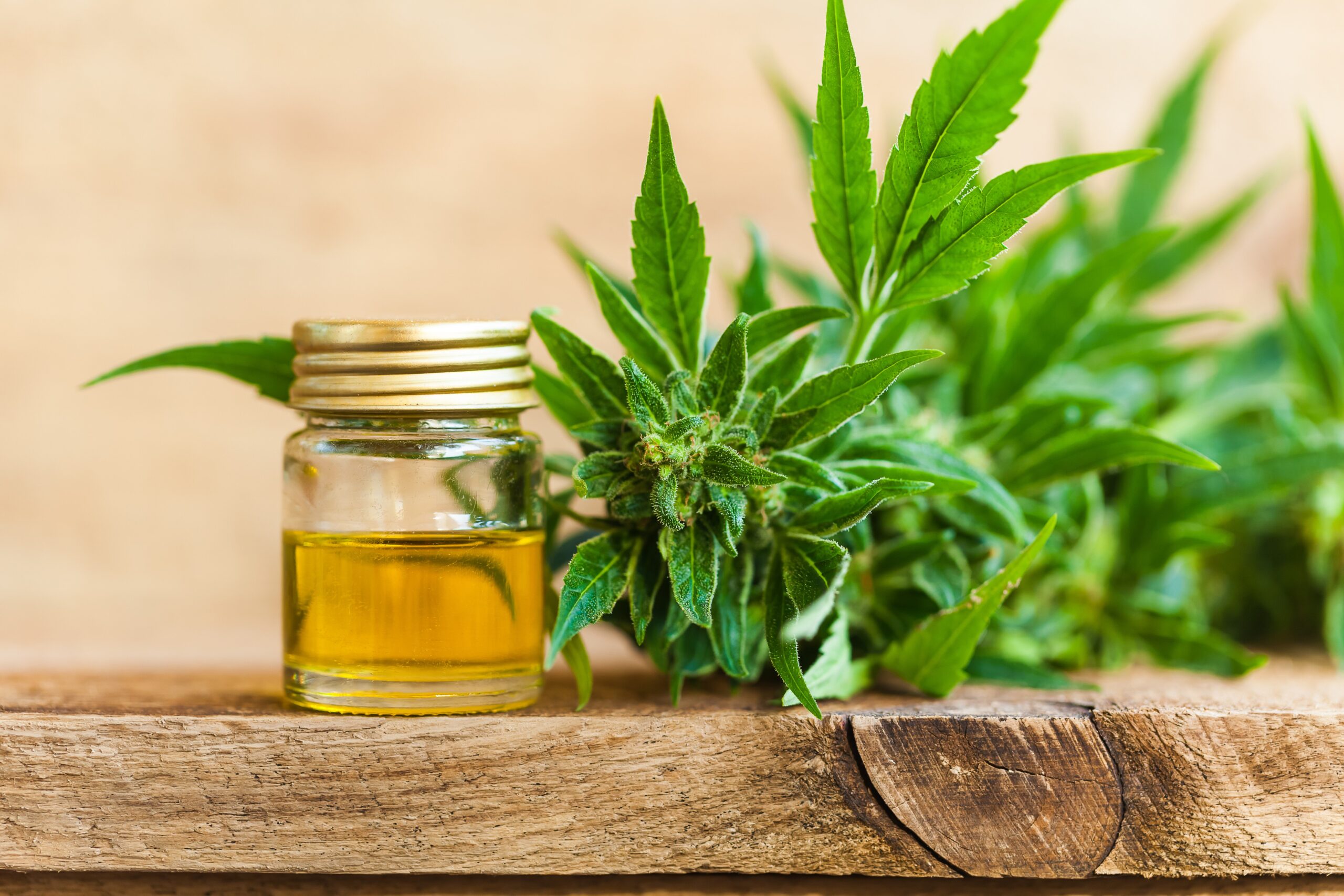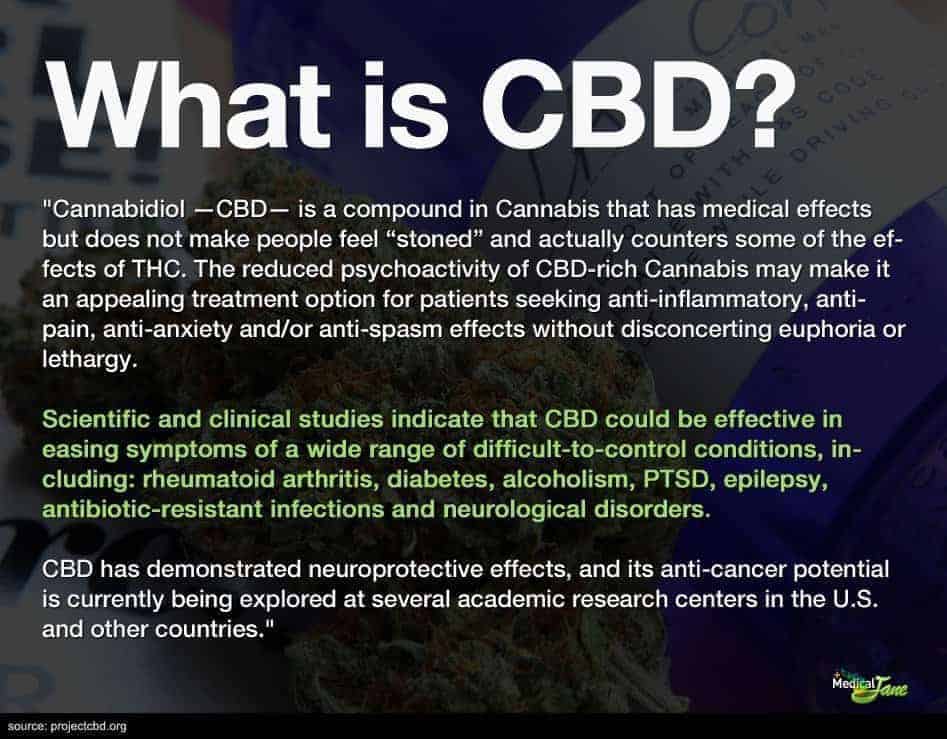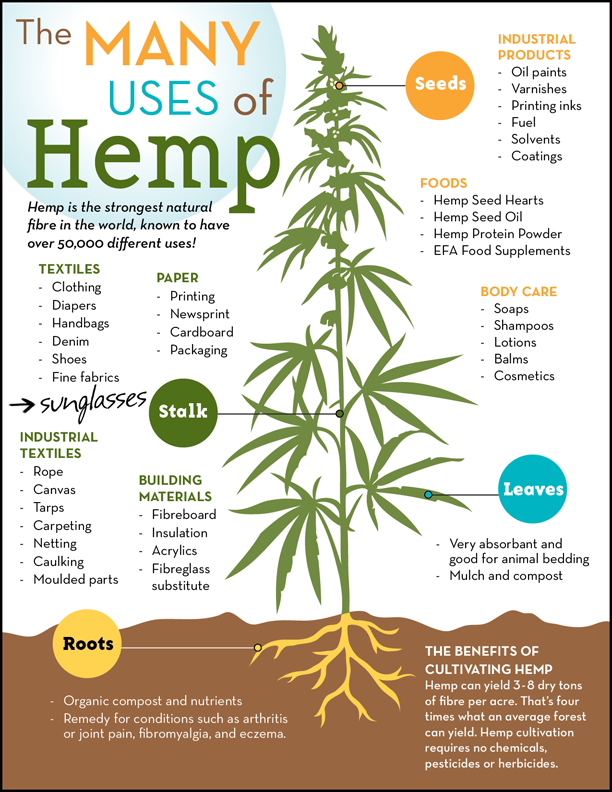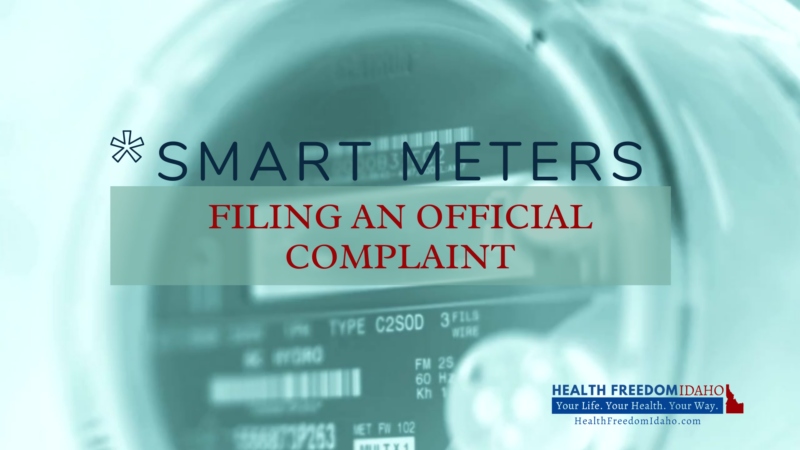Farm Bill 2018: Hemp is No Longer a Controlled Substance

During most of the last century, we had to import all of our hemp. It was illegal to grow in the U.S. because it was mistakenly classified as a controlled substance. But hemp is not marijuana. Hemp cannot get you high. In 2018 the Farm Bill Act passed Congress the era of prohibition will soon be over. Hemp and hemp derivatives are now permanently removed from regulation under the Controlled Substances Act!
Hemp is now permanently removed from the Controlled Substances Act (CSA). It is forever deemed an agricultural commodity, no longer mistaken as a controlled substance, like marijuana.
What about my CBD oil does the Farm Bill 2018 clarify its legality?

There is much celebration on the passage of the Farm Bill does this mean all the confusion about CBD oil is over? Unfortunately – NO! The Farm Bill provides that the states CAN BE more restrictive than the Federal Government.
They can NOT however restrict the transportation of hemp and hemp derived products through the state.
Prior to the passage of the Farm Bill that clearly removed hemp from the controlled substance act, the owner of a store in Pocatello was under investigation for selling hemp derived CBD oil in her shop. The police confiscated the oil without a search warrant and tested it in their labs. They claim the oil contained THC and is therefore is considered a controlled substance and illegal in Idaho. According to testimony at the legislative hearings early 2018, Idaho doesn’t have a testing facility that can detect THC in the minute quantities that are found in the hemp derived CBD oil sold in retail stores throughout the state.
While the owner wasn’t arrested, the police issued a warning to all residents of the city “anyone possessing or selling CBD oil can result in criminal charges.” According to the local news station police said under Idaho law, the presence of THC, in any amount, is illegal to sell, possess, or consume. They say it is the police department’s policy to actively investigate reports of illegal activity and pursue criminal charges when warranted, including businesses or individuals who may have purchased illegal products.
(Read more about this case)
According to the bill ANALYSIS BY U.S. HEMP ROUNDTABLE GENERAL COUNSEL JONATHAN MILLER <see press release>
Hemp is removed from the definition of “marijuana,” and THC found in hemp is excluded from the definition of a controlled substance.
…and popular products such as hemp-derived cannabidiol (CBD) can no longer be mistaken as controlled substances, like marijuana.
By redefining hemp to include its “extracts, cannabinoids and derivatives,” Congress explicitly has removed popular hemp products — such as hemp-derived cannabidiol (CBD) — from the purview of the CSA. Accordingly, the Drug Enforcement Administration no longer has any possible claim to interfere with the interstate commerce of hemp products. This should give comfort to federally regulated institutions — banks, merchant services, credit card companies, e-commerce sites and advertising platforms — to conduct commerce with the hemp and hemp product industry.
Watch Facebook Live with US Hemp Roundtable. Watch the 14:55 mark for specific information on Idaho.
Johnathan Miller goes on to state:
The FDA continues to exercise jurisdiction over the regulation of ingestible and topical hemp products.
We applaud the agency’s continued efforts to crack down on bad actors who undermine the industry through misguided marketing claims. And while we are concerned about non-binding statements made by the FDA that have led some state and local officials to question the legality of the retail sale of hemp-derived CBD, we are hopeful that we can work with the agency to clarify that CBD – which <FDA’s> own scientists concluded has no abuse potential and does not pose a risk to public health – should not be withheld from Americans who count on it for their health and wellness.
< Read More FDA AND CBD: NEW HOPE FOR A NEW PATH>
Economic analysts predict hemp foods and pharmaceuticals to emerge as a multi-billion U.S. market by 2020. The most popular product – hemp-derived cannabidiol or CBD – has been declared by the World Health Organization’s Expert Committee on Drug Dependence as safe and well-tolerated in humans (and animals), and is not linked with any negative public health concerns. Furthermore, the WHO concluded that CBD does not induce physical dependence and is not associated with abuse potential.
Legalization How Much Potential Change?
The era of hemp prohibition is over. Effective immediately, hemp is permanently deemed a legal agricultural commodity, and popular products such as hemp-derived cannabidiol (CBD) can no longer be mistaken as controlled substances, like marijuana. The Drug Enforcement Administration now has no possible claim to interfere with the interstate commerce of hemp products. This should give comfort to federally regulated institutions — banks, merchant services, credit card companies, e-commerce sites and advertising platforms — to engage in commerce with the hemp and hemp product industry. An exciting, emerging, multi-billion-dollar hemp industry is now unleashed, providing economic opportunity to farmers and small businesses all across America.
Passage of Farm Bill – can farmers plant acres of hemp now?
There will be much regulation regarding the growing of hemp, time will tell if the industry will grow beyond the medicinal resources of CBD oil. However, leading farm groups like the American Farm Bureau Federation and the National Farmers Union are calling for passage of bi-partisan House and Senate bills that remove hemp from the Controlled Substances Act, empower state agriculture programs, and unleash an exciting new industry.Hemp Legalization is around the corner as the US Farm Bill 2018 was passed in both the House and the Senate and was signed by the President on December 20, 2018.
Hemp farmers now can fully participate in USDA programs for certification and competitive grants, crop insurance and the legal transportation of plants and product.
- Section 297B (a)-(d) (p. 429) Empowers states and Tribes to submit plans to USDA to implement a permanent hemp growing program
- Section 10114 (p. 435): Nothing in the act prohibits the interstate commerce of hemp, nor can States or Tribes prohibit the transportation of hemp or hemp products through their territory.
- Title XI (p. 439): Hemp farmers are made eligible for crop insurance, and marketability requirements for the crop insurance program can be waived.

Other Benefits of Hemp Cultivation textiles, food, biodegradable plastic, fuel, paper and medicines.
Best known historically for its use to make paper and rope (neither of which are often made with hemp these days, because there are better materials), the crop’s versatility is its major selling point. It’s used in the manufacture of fabrics, household products, fuels, plastics, construction materials, and all kinds of other stuff. It has gained some popularity as a food ingredient in recent years. The U.S. Department of Agriculture has said that “the market potential for hemp seed as a food ingredient is unknown. However, it probably will remain a small market, like those for sesame and poppy seeds.” The total retail market for hemp in the United States is only about $500 million. That will no doubt grow with domestic cultivation — and perhaps with innovations in manufacturing technologies that could increase demand.
The question remain will Idaho continue restricting the sale of CBD oil in retail locales?
Will legislators see the potential for hemp based fuel, fiber and food that the hemp industry could create for local economy and propose legislation that will encourage growth in this untapped market?
_____________________________________
READ MORE:
- What Does the Farm Bill Do?
- Legal Opinions on CBD oil
- Hemp Roundtable
- Opinion on Federal Legal Status of CBD oil
- Evolving Law and Regulation of Industrial Hemp
- Legal Opinion of Interstate Trade of Industrial Hemp
- An important article by one of the nation’s leading cannabis law firms.
- https://www.hoban.law/media-center/press-releases/2018-06/media-alert-cbd-not-controlled-substance-source-rule-applies
- HIA vs. DEA brief article.
- https://www.thehia.org/Hemp-Legal-HIA-vs-DEA
- Important resources on this discussion.
- https://hempsupporter.com/resources/
Courtesy Disclaimer:
*The legal landscape around CBD is unclear and changing rapidly both at the Federal and State level. The information on our website and any other communication regarding legality which you may receive from any representative of HFI is is for informational purposes only and not for the purpose of providing legal advice. You must make your own judgment regarding whether you should purchase CBD in your jurisdiction. You should contact your attorney to obtain more specific guidance.*






